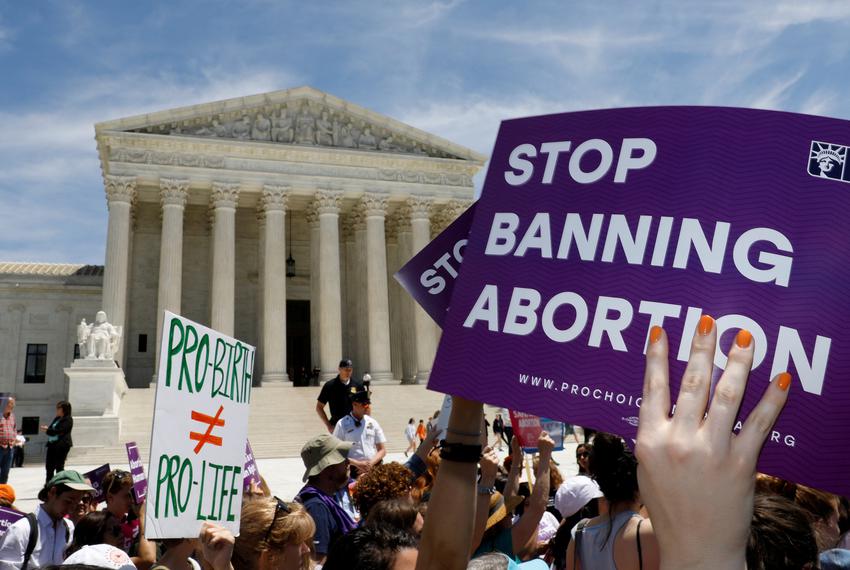The United States Supreme Court struck a devastating blow to its own reputation and the rule of law on September 1, 2021. In an unprecedented and inexplicably terse decision, the Court allowed the state of Texas to ban abortions after six weeks of pregnancy, with no exception for incest or rape.
The 5-4 decision, with Chief Justice John Robert joining the court’s three liberals in dissent, is the largest roll-back of abortion rights in decades. The ruling will prevent up to 85% of Texas abortions and will force most Texas abortion providers to close. Importantly, the ruling will generate more abortion restrictions across the country.
The most absurd aspect of the decision, however, is not the complete abandonment of decades of legal precedent. Nor is it the Supreme Court’s refusal to offer a convincing rationale for its ruling. But rather, it is the Court’s selfish and short sighted decision to allow Texas to resort to vigilante, extrajudicial justice.
The reality is that the Texas abortion law does more than ban most abortions. The law implements a system whereby private citizens are rewarded with 10 thousand dollar bounties for successfully suing anybody who aids and abets an abortion.
This abominable enforcement mechanism has no grounding in logic or reason. Doctors can be sued for providing abortions. Taxi drivers can be sued for driving a woman to an abortion clinic. Even parents who pay for their daughter’s abortion can be sued.
Perversely, the law even offers a strange mishmash of provisions meant to help ordinary citizens interested in becoming anti-abortion vigilantes. To name but a few: The law offers would-be enforcers the ability to sue in whichever of Texas’s 450 state courts they desire. It puts the burden of proof on the defendant, not on the law’s enforcer. It awards legal fees to victorious vigilantes, but not victorious defendants. The law is a Frankenstein’s monster of incentives for anti-abortion activists seeking a bounty for a fellow citizen’s abortion.
The Supreme Court’s decision to shred decades of precedent and to restrict women’s constitutional rights is outrageous. Yet the willful refusal of the Supreme Court to abide by basic legal and logical norms is perhaps more telling.
The Supreme Court has shown that it is willing to disregard the rule of law in order to relentlessly pursue partisan objectives. We should all fear what the Supreme Court will do next.
By Zachary S. Pan


































































